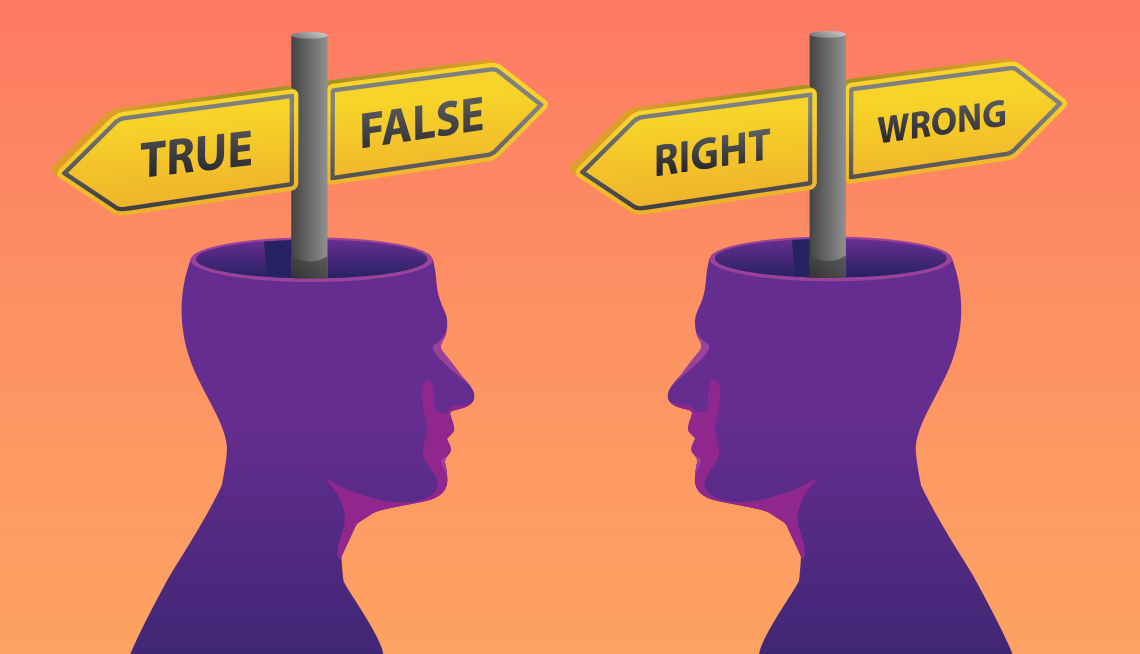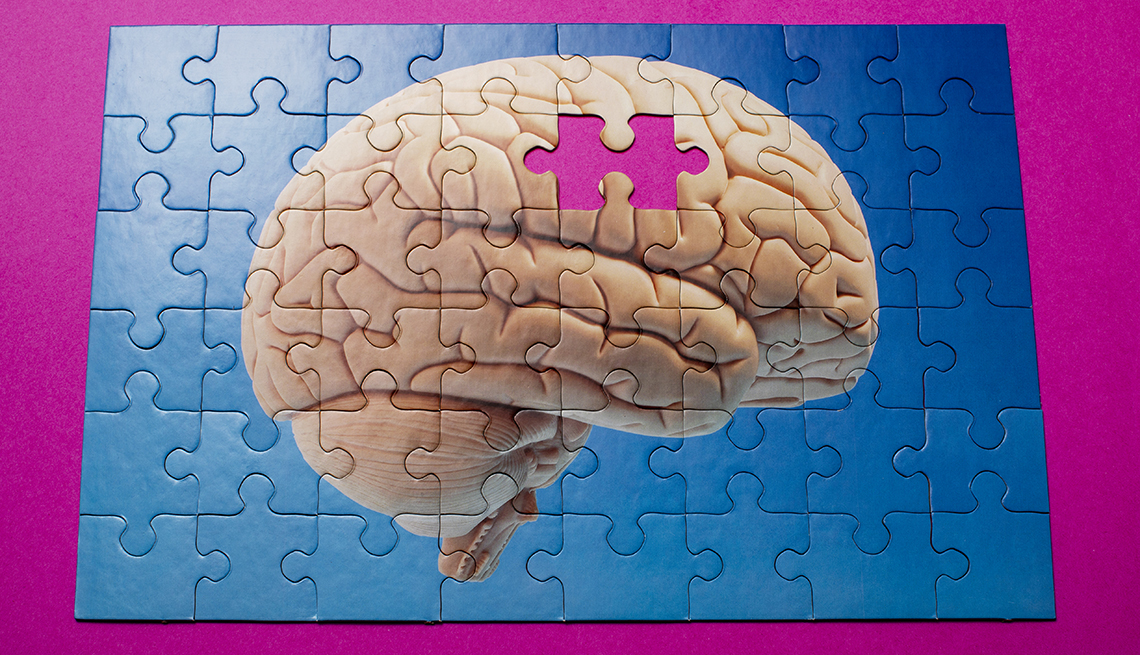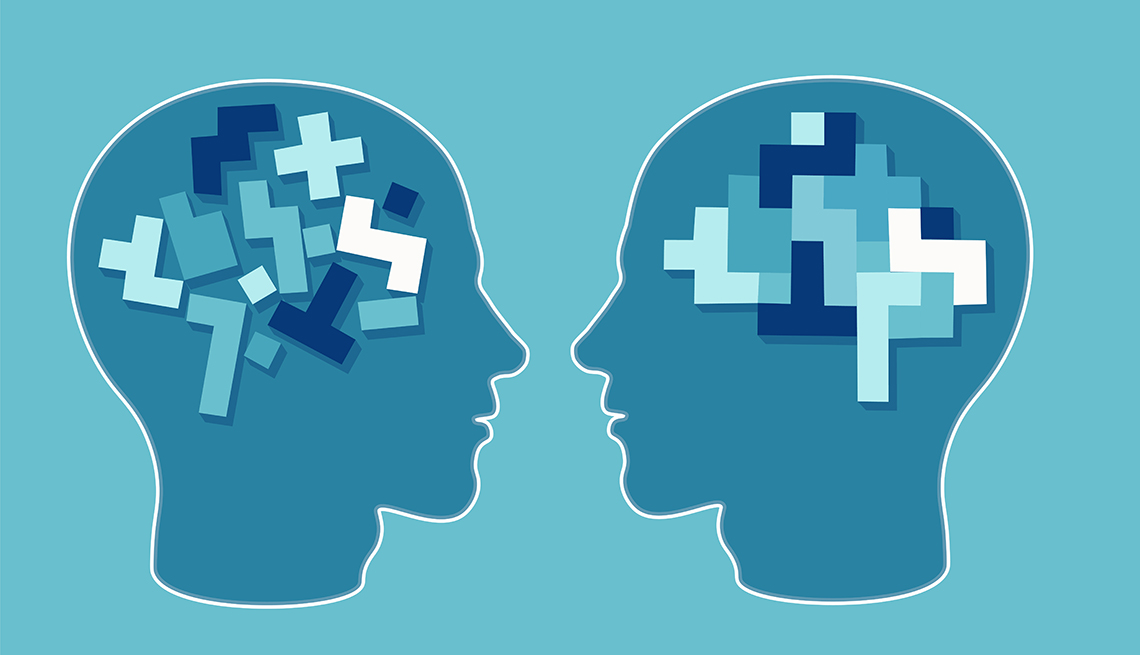Staying Fit


“I wish I knew what was going on in his mind,” my mother would say about my stepfather. He’d be staring straight ahead, hands fidgeting on his wheelchair armrests, without a hint of facial expression. If he was hungry or bored or even in pain, she couldn’t tell. If she asked him directly what he was feeling, he’d just look at her blankly and then turn away without saying a word.
Years before, when my stepfather was in the middle stages of his Alzheimer’s dementia, it had devastated her when he would yell at her or make wild accusations that she was ruining his life. But dealing with his lack of responsiveness in the late stages of dementia was worse for her. Now he seemed lost inside himself, and my mother felt helpless to reach him or understand what he was feeling.


AARP Membership— $12 for your first year when you sign up for Automatic Renewal
Get instant access to members-only products and hundreds of discounts, a free second membership, and a subscription to AARP the Magazine.
Psychologists and researchers have developed theories about the impact on family members of situations like this. In her many books, Pauline Boss, a leading family therapist, researcher and educator, coined the term “ambiguous loss” to describe the extreme stress family members feel when a loved one is present in body but seemingly absent in mind, as with advanced dementia. Likewise, Joan Monin, an associate professor at the Yale School of Public Health, and social psychologist Richard Schulz, director of the University of Pittsburgh’s Center for Caregiver Research, Education and Policy, have written that, if relatives believe a loved one is suffering but can’t figure out its cause or how they can relieve that suffering, then those family members suffer in kind. These psychological insights can be summed up simply: We hurt when the people we love are disappearing beyond our reach and understanding.


Dementia Caregiver's Guide
The latest advice and resources to help you and your loved ones navigate a diagnosis.
With its endless tasks and limitless sadness, dementia caregiving is hard enough. Caregivers don’t need to suffer more for their inability to read loved ones’ minds. How can they avoid the distress of feeling responsible for the people they care for without being sure about what they need or how to help them? Here are some ideas:
Take an analytical and strategic approach
Many dementia caregivers never quite get used to the ways their family members with dementia have changed. Their first impulse is still to talk to them as if they have the capacity to answer with the words and reasoning ability they had years ago.

















































































More on Dementia
Why Caregivers Should Confront Rather Than Avoid a Dementia Diagnosis
Don’t let fear prevent you from taking steps that may help your loved one
The Unique Challenges of Dementia Caregiving
Tips on how to manage such often-difficult care
Memory Cafes Offer Social Activities for Those Living With Dementia
Meeting spots provide comfortable spaces for caregivers and their loved ones